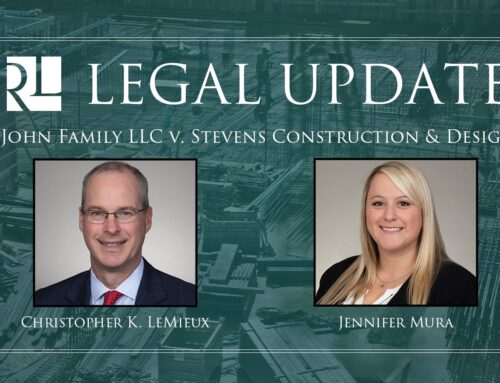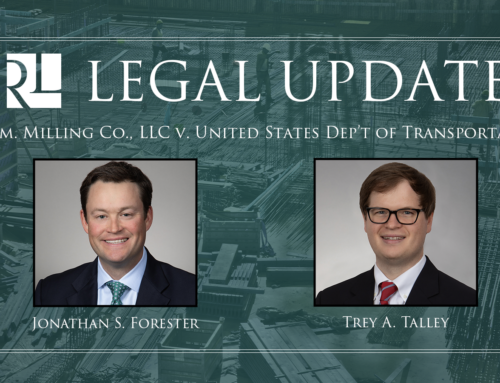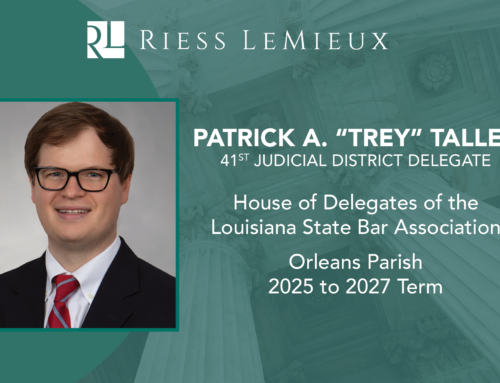 Planet Construction J2911, LLC v. Gemini Insurance Co., 2023 WL 4697602 (W.D. La. 7/21/23)
Planet Construction J2911, LLC v. Gemini Insurance Co., 2023 WL 4697602 (W.D. La. 7/21/23)
Authors: Robert W. Tschirn and Michael Levatino
The United States District Court for The Western District of Louisiana recently found that a commercial general liability policy did not provide coverage for the subcontractor’s defective work; however, the policy did provide coverage for the resulting damage arising from the defective work.
The United States District Court for the Western District of Louisiana, in Planet Construction J2911, LLC v. Gemini Insurance Co., et al, 2023 WL 4697602 (W.D. La. 7/21/23), upheld long-standing insurance principles that although a contractor’s defective work is not covered under “your work” exclusion, the resulting damage is covered.
The legal dispute in the case emerged from a construction project involving the Club 4 Fitness facility in Lake Charles, Louisiana. Acting as the general contractor, Planet Construction found itself grappling with a malfunctioning tee fitting on a sprinkler system, installed by subcontractor S&S Sprinkler Co. LLC (S&S), which had resulted in property damage. Planet Construction contended that S&S was contractually liable for remedying the defective workmanship and materials, prompting it to seek coverage under its policy held by Gemini Insurance Company and Zurich American Insurance Co., the insurer for S&S. Following an earlier summary judgment ruling that favored the insurers, Planet Construction revised its complaint, introducing claims of breach of contract and negligence against both S&S and Zurich. Zurich filed another motion for summary judgment seeking to have the Court find coverage for S&S’ defective work was excluded under the CGL policy.
The legal issue before the Court was whether the insurance policies provided coverage for the alleged faulty work and resulting damages. The Court embarked on a meticulous analysis of the policy’s provisions and exclusions to determine whether the policy provided coverage for S&S’s defective work and resulting damage. First, the Court reviewed the policy language to determine whether the defective work was considered an occurrence under the terms of the policy. The Court found that S&S’ defective work was considered an occurrence.
Next, the Court reviewed applicable exclusions to determine whether coverage under the policy was excluded. The Court reviewed the policy’s exclusions which excluded coverage for coverage for damages arising from “your work” under the “Damaged Property” exclusion. However, the Court found that the policy contained an expressed exception to the “your work” exclusion. The Court held that the Zurich policy provided coverage under the Products-Complete Operation Hazard (“PCOH”) exception to the “your work” exclusion because S&S’ scope of work was completed at the time damage was sustained. Specifically, the Court found because work was completed, the PCOH exception applied and provided coverage for the resulting damages beyond the scope of S&S’ work. However, the Court noted that the policy did not provide coverage for S&S’ defective work. As such, the Court denied Zurich’s Motion for Summary Judgment finding that, to the extent liability is established against S&S, the CGL policy covers damages to parts of the overall project that must be restored, repaired, or replaced because of S&S’ defective work, but S&S’s defective work itself is excluded from coverage.
The Planet Construction J2911 LLC v. Gemini Insurance Co. case is an important reminder to contractors, property owners, and insurers that although a contractor’s defective work may not be covered by a CGL policy, the resulting damage arising from the defective work may be covered as an exception to the “your work” exclusion.



